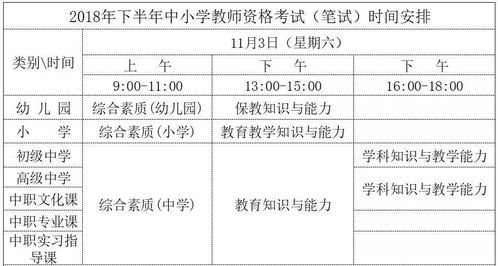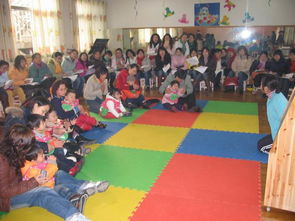Title: Crafting a Comprehensive Early Childhood Education Center Proposal
Introduction
In recent years, early childhood education (ECE) has garnered increased attention for its pivotal role in shaping a child's cognitive, emotional, and social development. Establishing an Early Education Center requires meticulous planning and a comprehensive proposal to ensure its success. This proposal outlines the key components necessary for the establishment and operation of an exemplary Early Education Center.

1. Executive Summary
The executive summary encapsulates the essence of the proposal, including the vision, mission, target demographics, unique selling points, and anticipated outcomes of the Early Education Center.
2. Vision and Mission
Clearly articulate the overarching vision and mission of the Early Education Center, emphasizing the commitment to providing highquality education and holistic development opportunities for young children.
3. Target Demographics
Identify the target demographics, such as children aged 06 years, their parents, and caregivers. Conduct market research to understand the needs and preferences of the target audience.
4. Curriculum Design
Develop a comprehensive curriculum that integrates best practices in early childhood education, including playbased learning, socialemotional development, language acquisition, and cognitive skills development. Ensure alignment with national and international educational standards.
5. Facilities and Resources
Outline the physical infrastructure requirements, including classrooms, play areas, administrative offices, and safety measures. Procure educational resources, toys, books, and multimedia tools to facilitate effective teaching and learning.
6. Staffing and Training
Recruit qualified and experienced educators who possess a passion for working with young children. Provide ongoing professional development and training opportunities to enhance their pedagogical skills and knowledge of early childhood development theories.
7. Parental Involvement
Emphasize the importance of parental involvement in the education process. Establish open communication channels, conduct parent workshops, and encourage parental participation in school activities and decisionmaking processes.
8. Partnerships and Collaborations
Forge partnerships with local community organizations, educational institutions, and government agencies to leverage resources, expertise, and support services. Collaborate on joint initiatives, outreach programs, and research projects to enhance the quality of early childhood education.
9. Marketing and Outreach
Develop a comprehensive marketing strategy to raise awareness about the Early Education Center and attract prospective families. Utilize online platforms, social media, community events, and wordofmouth referrals to promote the center's programs and offerings.
10. Financial Planning and Sustainability
Prepare a detailed financial plan outlining the initial investment requirements, operational expenses, revenue streams, and projected income. Explore funding opportunities, grants, sponsorships, and tuition fees to ensure the financial sustainability of the Early Education Center.
11. Evaluation and Continuous Improvement
Implement robust evaluation mechanisms to assess the effectiveness of the curriculum, teaching methodologies, and overall program delivery. Gather feedback from stakeholders, including parents, staff, and external evaluators, to identify areas for improvement and innovation.
Conclusion
In conclusion, the establishment of an Early Education Center requires careful planning, dedication, and a commitment to excellence in early childhood education. By following the proposed guidelines and strategies, the center can create a nurturing and stimulating environment where young children thrive and reach their full potential.
References
Include references to relevant research studies, educational frameworks, and best practices in early childhood education to support the proposed strategies and methodologies.











